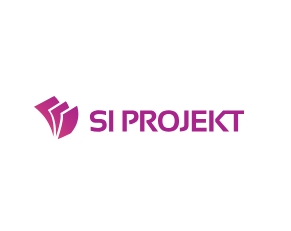How to navigate complex tax regulations
Tax regulations are a critical aspect of running a business, especially for small to medium-sized enterprises (SMEs) in Estonia and its surrounding regions. These regulations are designed to ensure that businesses contribute their fair share to the economy, but they can often be complex and challenging to navigate. Understanding these regulations is crucial for business owners and executives who aim to maintain compliance and optimize their financial strategies.
2. Understanding the Basics of Tax Compliance
Before diving into the complexities of tax regulations, it's essential to familiarize yourself with key tax terms and definitions. Terms such as 'taxable income', 'deductions', 'credits', and 'VAT' (Value Added Tax) are fundamental to understanding how taxes are calculated and applied to your business.
Compliance with tax regulations is not just a legal obligation but also a strategic business practice. Non-compliance can lead to severe penalties, including fines and legal action, which can significantly impact your business's financial health and reputation. Staying compliant ensures that your business operates smoothly and avoids unnecessary financial burdens.
3. Common Tax Challenges for Businesses
One of the primary challenges businesses face is identifying their tax obligations. This includes understanding which taxes apply to your business, such as corporate tax, VAT, and payroll taxes. Each tax type has its own set of rules and deadlines, making it crucial to stay informed and organized.
Proper documentation is vital for tax compliance. Businesses must maintain accurate records of all financial transactions, including sales, expenses, and payroll. This documentation is essential for calculating taxes owed and for providing evidence in the event of an audit.
4. Strategies for Navigating Complex Tax Regulations
Engaging with professional tax consultants can be invaluable for businesses navigating complex tax regulations. These experts have the knowledge and experience to help you understand your tax obligations, identify potential deductions, and ensure compliance with all relevant laws.
Technology can play a significant role in simplifying tax management. Various software solutions are available that can automate tax calculations, track expenses, and generate reports. These tools can save time and reduce the risk of errors, making tax compliance more manageable.
5. Best Practices for Ensuring Tax Compliance
Conducting regular tax audits and reviews is a proactive approach to ensuring compliance. These audits can help identify discrepancies and areas for improvement, allowing businesses to address issues before they become significant problems.
Tax regulations are constantly evolving, making continuous education and training essential for business owners and their teams. Staying informed about changes in tax laws and regulations can help businesses adapt quickly and maintain compliance.






Comments (0)